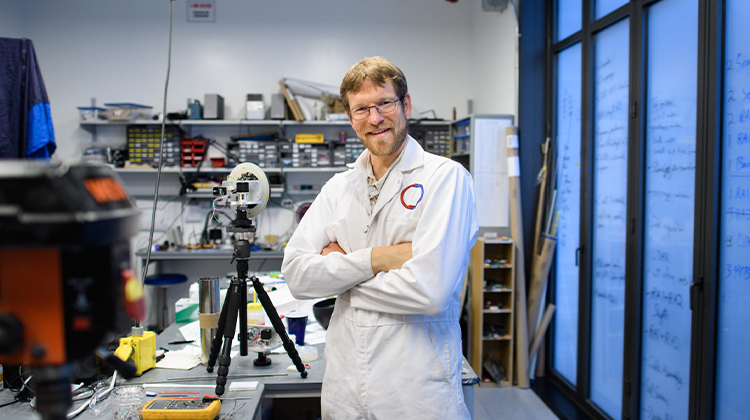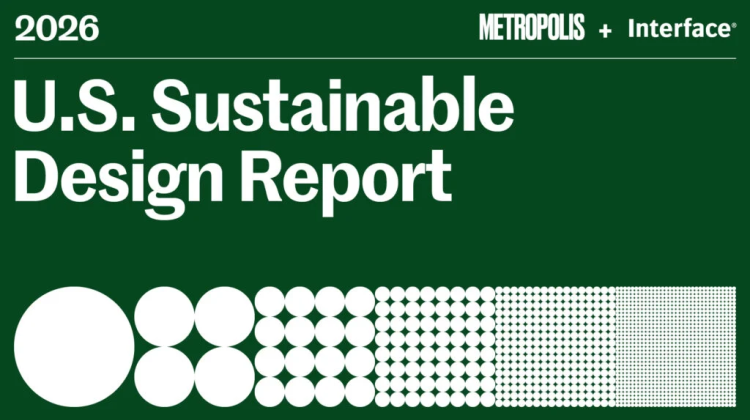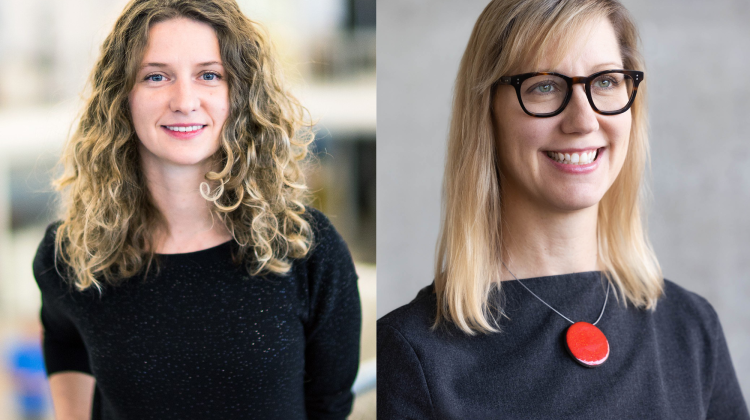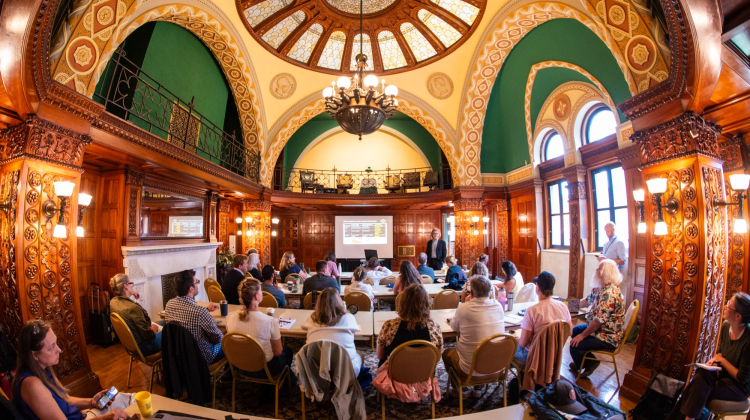Introduction to Structural Design
1/26/26 note: 4.440/1.056 Friday lab time is now 9:30-11:30.
UG: 4.440, 1.056; Grad: 4.462
Introduces the design and behavior of large-scale structures and structural materials. Emphasizes the development of structural form and the principles of structural design. Presents design methods for timber, masonry, concrete and steel applied to long-span roof systems, bridges, and high-rise buildings. Includes environmental assessment of structural systems and materials. In laboratory sessions, students solve structural problems by building and testing simple models.
Graduate and undergraduate students have separate lab sections.
GIR LAB (4.440)
Modeling Urban Energy Flows for Sustainable Cities and Neighborhoods
Given their outsized contribution to anthropogenic greenhouse gas emissions and unique ability to provide shelter to occupants, buildings are a key lever for both climate mitigation and adaptation. As weather events become more extreme, many buildings will fail to protect human health and provide economic security, causing an estimated 14.5million deaths and US$12.5trillion in losses by 2050. While the stakes could not be higher, we have surprisingly limited climate-actionable information on individual buildings worldwide, be it their propensity to overheat, potential to be retrofitted or evolving impact on their surrounding energy infrastructure. This class first introduces students to physics-based methods to derive this information for case study cities under current and future climate scenarios. Working directly with US and international policymakers, we will then develop concrete strategies to ensure resident health and prosperity for all.
Additional work required of students taking the graduate version.
Note for MArch students: 4.433 serves as a BT elective credit (for 4.46x credit resolution or Certificate in Climate & Sustainability)
Architectural Acoustics
Describes interactions between people and sound, indoors and outdoors, and uses this information to develop acoustical design criteria for architecture and planning. Principles of sound generation, propagation, and reception. Properties of materials for sound absorption, reflection, and transmission. Design implications for performance and gathering spaces. Use of computer modeling techniques.
Note for MArch students: Serves as a BT elective credit (for 4.46x credit resolution or Certificate in Climate & Sustainability)
Introduction to Structural Design
UG: 4.440, 1.056; Grad: 4.462
Introduces the design and behavior of large-scale structures and structural materials. Emphasizes the development of structural form and the principles of structural design. Presents design methods for timber, masonry, concrete and steel applied to long-span roof systems, bridges, and high-rise buildings. Includes environmental assessment of structural systems and materials. In laboratory sessions, students solve structural problems by building and testing simple models.
Graduate and undergraduate students have separate lab sections.
GIR LAB (4.440)
Preparation for Building Technology PhD Thesis
Selection of thesis topic, definition of method of approach, and preparation of thesis proposal. Independent study supplemented by individual conference with faculty.







